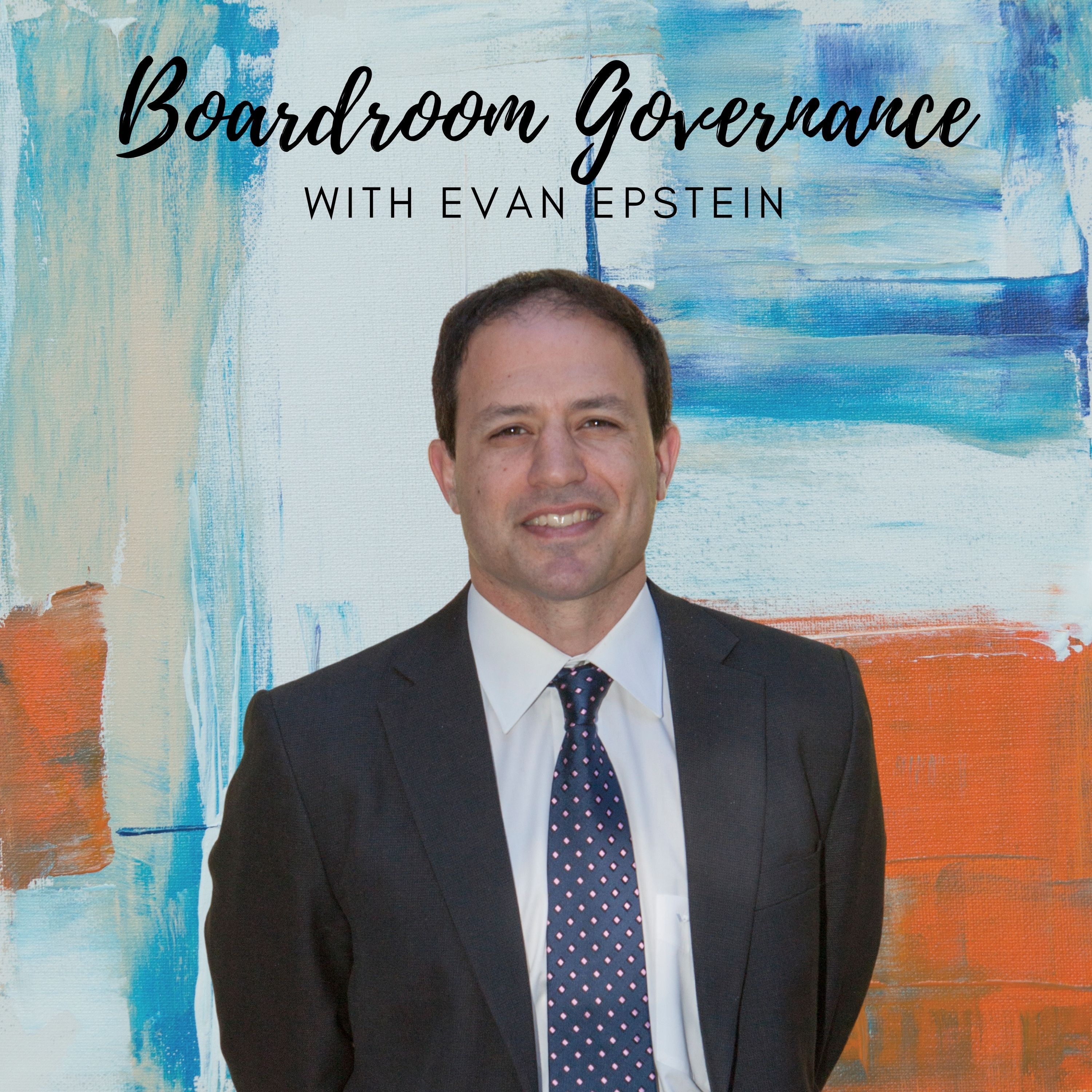- After-Shows
- Alternative
- Animals
- Animation
- Arts
- Astronomy
- Automotive
- Aviation
- Baseball
- Basketball
- Beauty
- Books
- Buddhism
- Business
- Careers
- Chemistry
- Christianity
- Climate
- Comedy
- Commentary
- Courses
- Crafts
- Cricket
- Cryptocurrency
- Culture
- Daily
- Design
- Documentary
- Drama
- Earth
- Education
- Entertainment
- Entrepreneurship
- Family
- Fantasy
- Fashion
- Fiction
- Film
- Fitness
- Food
- Football
- Games
- Garden
- Golf
- Government
- Health
- Hinduism
- History
- Hobbies
- Hockey
- Home
- How-To
- Improv
- Interviews
- Investing
- Islam
- Journals
- Judaism
- Kids
- Language
- Learning
- Leisure
- Life
- Management
- Manga
- Marketing
- Mathematics
- Medicine
- Mental
- Music
- Natural
- Nature
- News
- Non-Profit
- Nutrition
- Parenting
- Performing
- Personal
- Pets
- Philosophy
- Physics
- Places
- Politics
- Relationships
- Religion
- Reviews
- Role-Playing
- Rugby
- Running
- Science
- Self-Improvement
- Sexuality
- Soccer
- Social
- Society
- Spirituality
- Sports
- Stand-Up
- Stories
- Swimming
- TV
- Tabletop
- Technology
- Tennis
- Travel
- True Crime
- Episode-Games
- Visual
- Volleyball
- Weather
- Wilderness
- Wrestling
- Other
Bill McNabb: Talent, Strategy and Risk. How Investors and Boards Are Redefining TSR.
0:00 -- Intro.2:21 -- Start of interview.3:14 -- Bill's "origin story". 6:57 -- On why he joined Vanguard in 1986, and what makes the company so special. "Intellectual rigor of Wall Street with mid-western values."10:30 -- On Bill's board career. He first joined the Philadelphia Zoo (he stepped down this summer after 16 years) and currently serves on the boards of UnitedHealthcare Group and IBM, plus other PE and VC-backed companies and non-profit boards. The connection between public and private boards.13:03 -- On his book Talent, Strategy, Risk: How Investors and Boards Are Redefining TSR and what made him write it. The early governance stewardship by Vanguard (Jack Brennan's letter to 450 CEOs in 2002 laying out Vanguard's governance expectations on governance matters). The Common Sense Governance Principles (2016). His work with the Raj & Kamla Gupta Governance Institute at Drexel University, where he met his co-authors Ram Charan and Dennis Carey.17:13 -- On shareholder engagement and why directors should understand their investor base. Traditionally, the only times there would be shareholder engagement was when an activist would get involved (and how their role has evolved), and with say-on-pay. The role of permanent capital (index funds).21:21 -- Why some of the best-run public companies operate with a private company mindset. Some advantages of private equity boards.26:51 -- His take on dual-class stock structures. The good and the bad. "But making them permanent is a mistake."29:30 -- The focus on Talent, Strategy and Risk (TSR) in his book:(30:06) How to think about Talent.(31:58) How to think about Strategy. "Being agile around strategy is really important"(35:20) How to think about Risk. Example of cybersecurity.38:46 -- On creating a capable board: board composition and expertise. "Having a couple of former CEOs serve on a board is very valuable.""You've got to push back on the over reliance of expertise, for an example, if you have a cyber expert who only knows about cyber, they will not add much more value to the board.""Having some domain expertise in the particular business area of the company is very important."45:59 -- On the work and focus of board committees: "Talent, Comp and Execution Committee" & "Strategy and Risk Committee."48:43 -- On the rise of Chief Human Resources Officers (CHROs). Talent and culture is critical. It has become a strategic function more than just an administrative function.52:14 -- On how to reduce the information asymmetry between management and the board. The Netflix case study by Larcker & Tayan (2018). "This is where having a couple of domain experts on your board is impor

